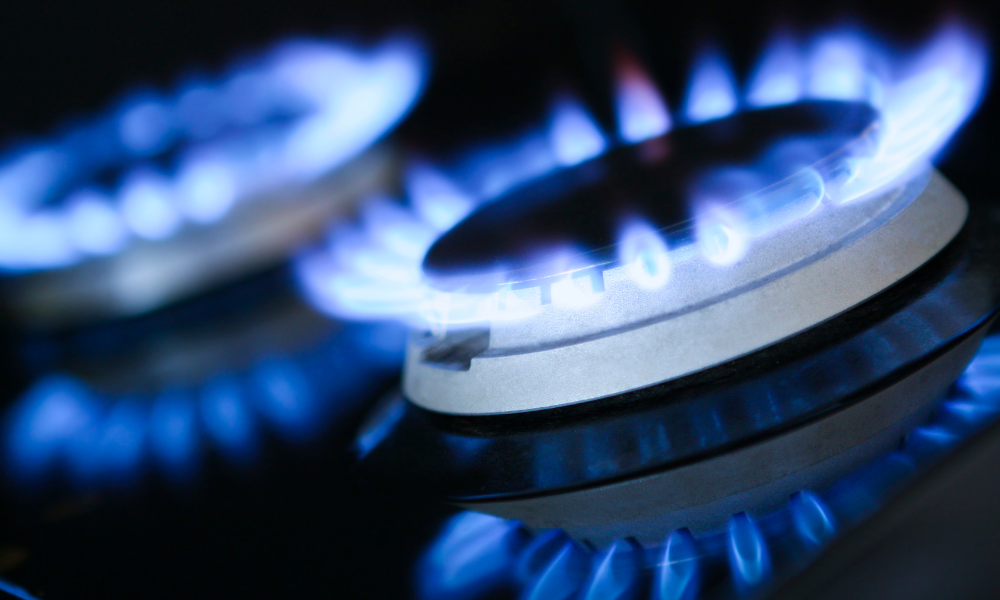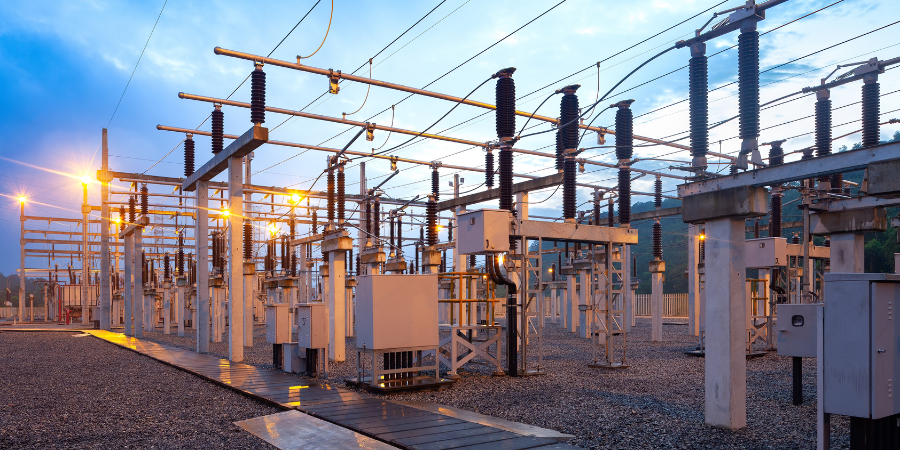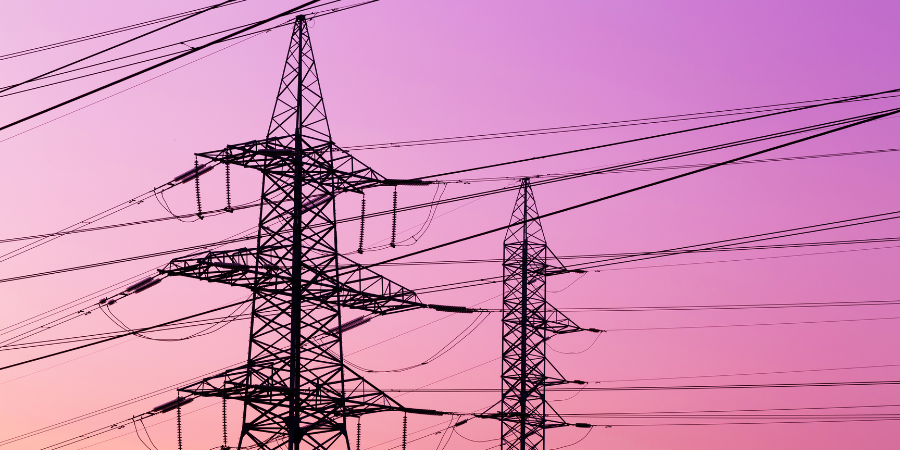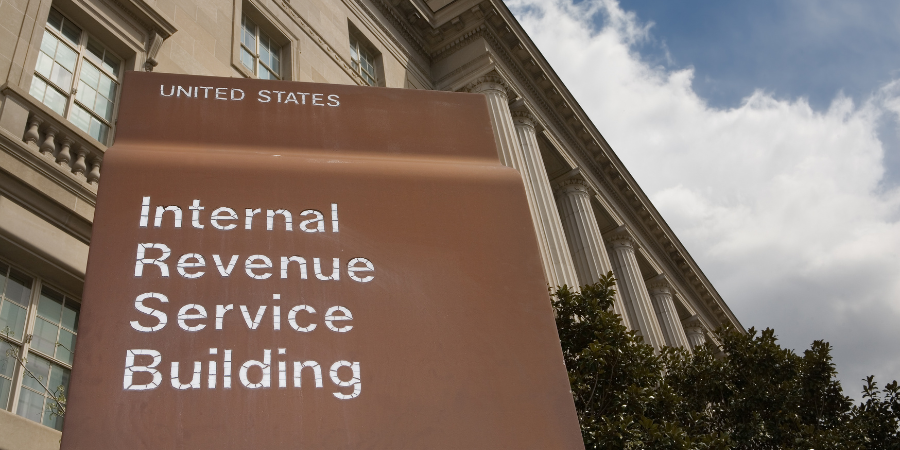Natural gas is a critical energy source for many commercial businesses, affecting operating costs and budgeting. One of the key decisions businesses must make is whether to fix or float their natural gas rates. This article will explore the advantages and disadvantages of both options, helping you determine the best approach for your business.
Understanding Fixed and Floating Rates
- Fixed Rates
- Fixed rates involve locking in a set price for natural gas over a specified period, typically one to three years.
- This rate remains constant regardless of market fluctuations.
- Floating Rates
- Floating rates, also known as variable rates, are tied to the market price of natural gas.
- These rates can change monthly or quarterly based on market conditions.
Advantages of Fixed Rates
- Budget Certainty
- Fixed rates provide predictability in energy costs, making budgeting easier and more accurate.
- Businesses can avoid the risk of sudden price spikes.
- Risk Management
- By locking in rates, businesses can protect themselves from market volatility and price increases.
- Fixed rates offer stability, particularly in volatile markets.
- Long-Term Planning
- Fixed rates enable better long-term financial planning and forecasting.
- Businesses can focus on core operations without worrying about fluctuating energy costs.
Disadvantages of Fixed Rates
- Potential Overpayment
- If market prices decrease, businesses on fixed rates may end up paying more than the current market rate.
- There is no benefit from lower prices during the contract period.
- Contract Commitments
- Fixed-rate contracts often come with penalties for early termination.
- Businesses may be locked into rates that become unfavorable over time.
Advantages of Floating Rates
- Cost Savings
- Floating rates can offer cost savings when market prices are low.
- Businesses can benefit from price decreases immediately.
- Flexibility
- Floating rates provide more flexibility, allowing businesses to take advantage of favorable market conditions.
- No long-term commitments mean easier adjustments to changing circumstances.
Disadvantages of Floating Rates
- Price Volatility
- Floating rates expose businesses to market volatility and price spikes.
- Budgeting becomes challenging due to unpredictable energy costs.
- Risk Exposure
- Businesses bear the risk of market fluctuations, which can lead to higher costs during periods of increased demand or supply disruptions.
- Energy price uncertainty can impact financial stability.
Factors to Consider When Choosing Between Fixed and Floating Rates
- Market Conditions
- Analyze current and projected market trends for natural gas prices.
- Consider historical price volatility and factors influencing future prices.
- Business Risk Tolerance
- Assess your business’s ability to absorb price fluctuations and financial risk.
- Determine if your business prefers cost stability or the potential for savings.
- Financial Goals
- Align your energy purchasing strategy with your overall financial goals and budgeting processes.
- Consider how energy costs fit into your broader financial planning and risk management strategies.
- Contract Terms and Flexibility
- Review the terms and conditions of fixed-rate contracts, including early termination penalties.
- Evaluate the flexibility of floating-rate plans and the ability to switch between rates if needed.
Conclusion
Deciding whether to fix or float your natural gas rates is a strategic choice that depends on various factors, including market conditions, risk tolerance, and financial goals. Fixed rates offer stability and predictability, while floating rates provide flexibility and potential cost savings. By carefully assessing your business’s needs and the energy market landscape, you can make an informed decision that aligns with your operational and financial objectives. Ultimately, the best option is one that balances cost management with risk mitigation, ensuring your business remains resilient and competitive in a dynamic market.
At Comfort Profit, we’ve been helping our commercial customer navigate the deregulated energy markets since 2009. Contact us today to explore commercial energy options.






